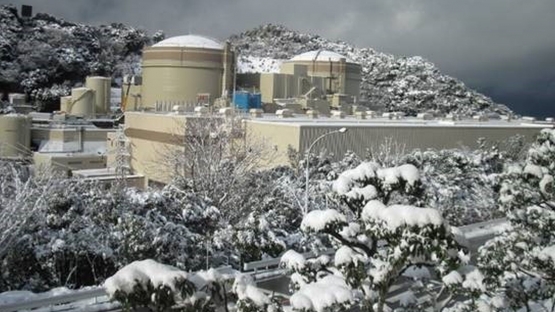Due to global warming, extreme natural events take place more and more frequently and should be considered as part of day-to-day reality. The importance of optimizing safety measures for nuclear installations against such events – that is, providing the highest level of safety that can be reasonably achieved without unduly limiting their utilization – was underlined by IAEA speakers at a recent reactor technology conference.
IAEA Nuclear Installation Safety Division Director Greg Rzentkowski chaired a special session, focusing on optimization of protection against external events such as earthquakes, high winds and floods, at the Structural Mechanics in Reactor Technology (SMiRT) Conference, held in August in Charlotte, North Carolina. The problem is that natural event observations are limited and safety assessments of nuclear installations are thus subject to considerable uncertainty, he said.
“Understanding how to effectively optimize the design of a nuclear installation against extreme natural events is key to not only improving the safety of existing technologies, but also to the development of new innovative solutions,” Rzentkowski said. “Deterministic and probabilistic analyses and engineering judgment, supported by cost and benefit insights, are needed to determine whether safety measures are adequate”.
Ovidiu Coman, an IAEA Senior Nuclear Safety Officer taking part in the session, noted that risk-informed and performance-based approaches had fed into the Agency’s recommendations on optimization of protection of nuclear installations against external events. This allows for proper quantification of uncertainties and demonstration of safety margins.
Nawal Prinja, a UK nuclear safety expert attending the session, said the IAEA framework was aligned with industry expectations, in particular in relation to advanced reactor technologies and encouraged the Agency to continue its work in the field.
International technical experts as well as representatives from regulatory bodies, industry and technical support organizations took part in the conference, which focused on scientific and engineering disciplines involved in the structural aspects of the safe design, construction and operation of nuclear reactors.





